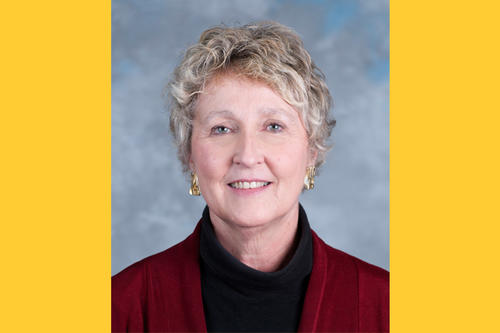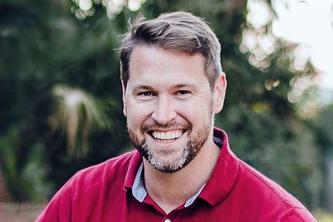
The U.S. government policy to separate children of immigrants trying to enter the U.S. illegally is a departure from past policies. Under previous policies, families were generally kept together in family detention centers or released into the U.S. to wait for their immigration court dates.
According to reports, the U.S. Department of Justice says family separations are necessary because children can’t go to jail with their parents. Instead, the children are put into the custody of the U.S. Department of Health and Human Services.
Megan Gunnar, the director of the Institute of Child Development at the University of Minnesota, says forced separation can have a developmental impact on the children far into the future.
Megan Gunnar, Ph.D.
“When children are exposed to trauma and major stressors, the most powerful means that nature has devised to protect their bodies and brains from toxic effects is the presence and availability of their parents.
The children arriving at our southern borders are escaping with their families from trauma-inducing conditions. These children need to be in contact with their parents who need to be supported in protecting their children emotionally and physiologically.
We know from over a half century of research surrounding the impact of forced and traumatic separations on infants in our own and other species that this impairs brain development and induces problems in health that can last a lifetime. For example, infants taken from their parents and raised in institutions until they are one or two years old and then placed in supportive families as teenagers exhibited a reduction in total brain volume (Hodel et al., 2015, Neuroimage). The procedures we are following are imposing a second massive trauma on already vulnerable children. It is unconscionable."
Megan Gunnar, Ph.D., is the director of the Institute of Child Developmentin the College of Education and Human Development at the University of Minnesota. Her studies focus on how children and adolescents regulate stress and emotions.
Contact information:
Caitlin Hurley
[email protected]
612-624-1690
About University of Minnesota experts:
University of Minnesota experts can provide commentary, insights and opinions on various news topics. See selected experts on UMN’s Experts Guide or inquire about additional experts via email at [email protected].
Media note:
The University of Minnesota Twin Cities is equipped with a VideoLink ReadyCam® studio for live or taped HD television interviews with our experts. To arrange an interview, contact the University News Service at (612) 624-5551 or [email protected].
- Categories:
- Law and Policy





